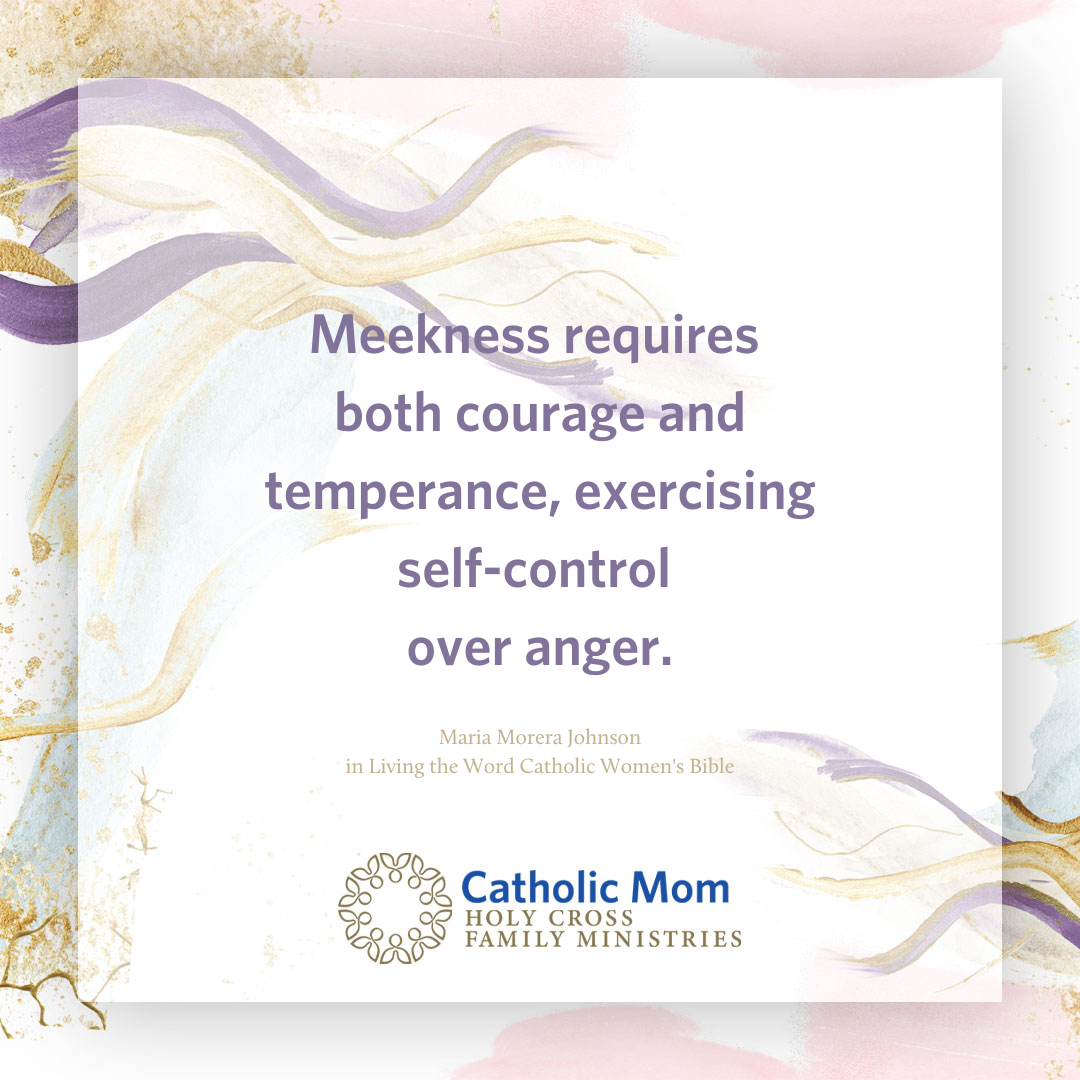Jezebel, the infamous bad girl of the Bible, was selfish, unscrupulous, and manipulative. However, it is anger that ultimately destroys her. As the pagan wife of King Ahab, Jezebel uses her seductive power to spread the worship of Baal throughout the kingdom of Israel and to kill the prophets of Yahweh.To punish this wickedness, the Lord sends Elijah to warn the king of impending famine, and again to summon the prophets of Baal and Asherah to a fiery showdown at Mt. Carmel. There, Yahweh is shown to be Lord and the prophets of Baal are slain. Furious, Jezebel vows to kill Elijah. But the Lord intervenes and sends an angel to tend to the prophet, then meets him on Mt. Horeb, where God reveals himself in “a still, small voice” (19:9–18). In the meantime, Jezebel’s anger consumes her, fueling her desire for power and leading to the evil treatment of others. Ultimately, she is thrown to her death and mauled by dogs (2 Kings 9:30–37).
If Jezebel is the poster girl for anger (the capital sin of wrath), another biblical queen exemplifies its opposing virtue, meekness: Queen Esther, the Jewish wife of King Ahasuerus. Esther shows us that meekness is not passive resignation to events around us; meekness requires both courage and temperance, exercising self-control over anger. Meekness entails a desire for moderate and peaceful engagement rather than outrage and violence. When Haman plots to kill all the Jews in the kingdom (see Esther 3), Esther does not lash out in anger. Instead, she chooses to pray, then proceeds with humility and meekness to put forth her case to the king (see Esther 8).

Unlike Jezebel, who reacts brashly to the events around her, Esther demonstrates meekness by following her uncle Mordecai’s instructions, submitting to the king according to the custom of the time, and using her influence as queen to save the Jews after three days of prayer and fasting. By placing the Lord first in her preparations for the encounter, Esther is able to respond to Haman’s plan in a way pleasing to the Lord.
This excerpt from the Living the Word Catholic Women’s Bible is reprinted with permission of the publisher, Ave Maria Press.